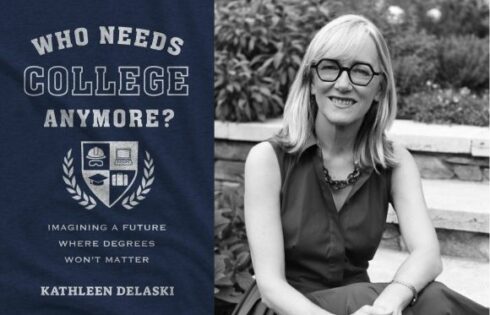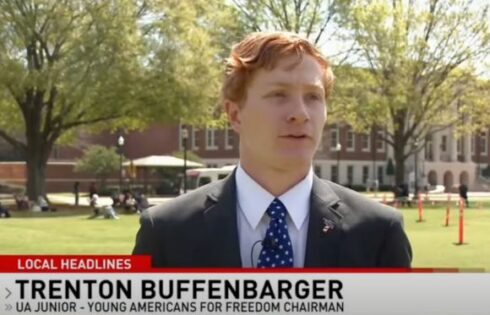
Yale announced it has established its (bombastically titled) Center for the Study of Race, Indigeneity and Transnational Migration, which will “support scholarship in ethnic studies; intersectional race, gender and sexuality research; and Native and diasporic communities.”
Or, as Ethnic Studies Professor Lok Siu put it, “[E]thnic studies is about examining power. At the heart of ethnic studies is a social-justice platform that examines the processes of marginalization. We are looking at power and social inequality.”
The center’s annual budget? $600,000.
University President Peter Salovey and Provost Benjamin Polak indicated that the center “furthers the University’s goal of becoming more inclusive” and is “part of a wider response to student concerns about racism and discrimination on campus.”
Salovey added, perfectly obsequiously, that “[i]t’s important for Yale to lead on scholarship about race and ethnicity just as we lead the effort to foster a culture of inclusion on university campuses and in society more broadly. This center will be a highly effective way to solidify that leadership.”
Native American Studies specialist Ned Blackhawk, who is serving on the implementation committee, said the center is one of the few initiatives that highlights the importance of indigeneity through intersectional and transnational analysis. He praised the University’s commitment to the center’s establishment.
RELATED: Plans for the new Yale ‘ethnic studies’ center remain ‘unclear’
[History professor David] Blight said while he is not sure why a student was not included on the implementation committee, he hypothesized that the provost — who asked him to serve on the group — likely wanted to recruit academics for the center.
“What Yale does best in the world is create knowledge and education, which is why the scholarly focus exists,” Blight said. “I also hope the center reaches out to the community and the world, and is not just about us.”
While a center for ethnic studies has been in the works for quite some time, the University has not always been fully committed to the idea.
Blight, a member of the center’s implementation committee, echoed Salovey from last December saying that much planning remains on how the center’s $600K will be used.
“It is yet to be determined how any of [the budget] is to be used toward undergraduate education, graduate education, how much of it could go into recruiting new faculty,” he said.
Bright also directs the Yale Center on Slavery, Resistance and Abolition which gets $400,000 per year.
RELATED: Public university debuts ‘Undocumented Student Services Center’
RELATED: Campus Gender Studies Center axed
Like The College Fix on Facebook / Follow us on Twitter
IMAGE: Shutterstock






Please join the conversation about our stories on Facebook, Twitter, Instagram, Reddit, MeWe, Rumble, Gab, Minds and Gettr.